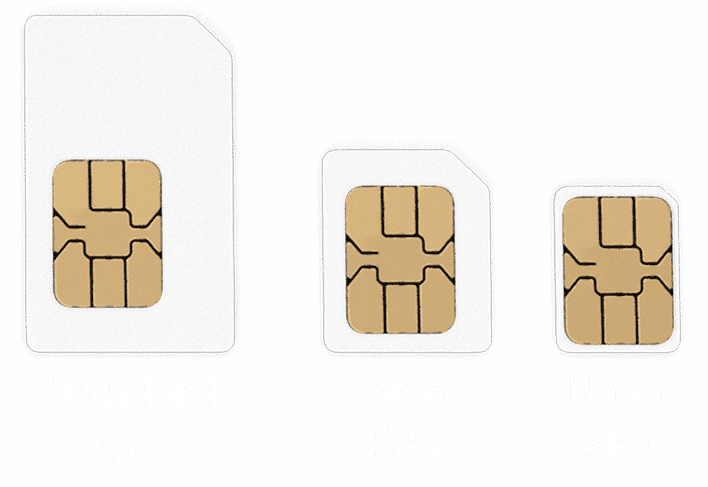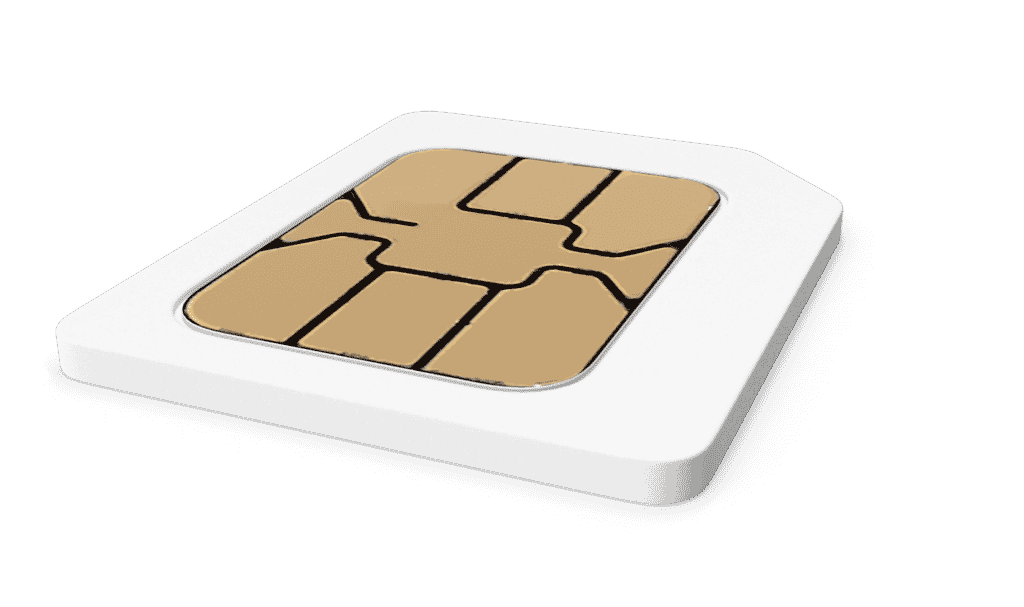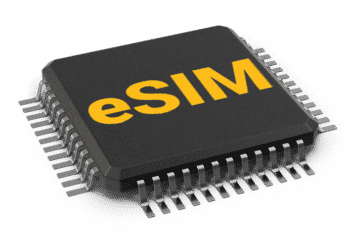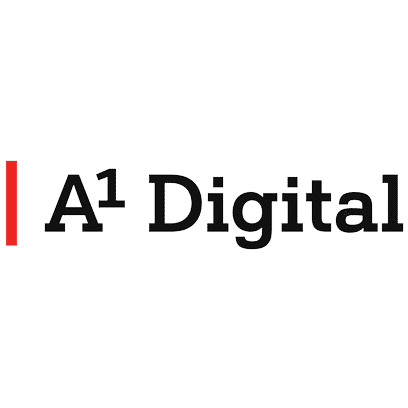VRS Now Datenkarten – Innovation für die Industrie
IoT-Plattform – ohne funktioniert kein IoT
Eine IoT-Plattform sorgt für die Vermittlung zwischen Geräten, Maschinen und IoT. Eine IoT-Plattform gilt dabei als systemübergreifende Verknüpfung verschiedener Geräte, Maschinen und Anwendungen. Ziel ist die Datenanalyse und das Steuern von Funktionen.
Eine leistungsstarke IoT-Plattform ist die Grundlage für erfolgreiche IoT-Anwendungen – und M2M Allnet bietet Ihnen die perfekte Lösung. Mit unseren M2M-SIM-Karten profitieren Sie von einer einzigartigen Netzabdeckung: eine Karte – alle Netze.
Kontaktieren Sie uns noch heute und profitieren Sie von den zahlreichen Vorzügen von IoT – jetzt ausprobieren!
- Digital networking
- Lowered costs
- Real time data
- Remote service
- Optimized availability
Our SIM cards

Standard SIM
Network all your smart IoT devices, across all networks, transnationally with M2M Allnet!

Industry SIM
Bleiben Sie überall handlungsfähig und verbinden Sie mit M2M Allnet alle Industriemaschinen weltweit.

eSIM
Der Nachfolger der klassischen SIM-Karte ist fest ins Endgerät eingebaut.
Mit allen bekannten Vorteilen!
Präzision in Echtzeit: VRS Now Datenkarten im Einsatz
Diese Frage ist nicht so einfach zu beantworten, da es mehrere verschiedene Formen von IoT-Plattformen gibt. IoT-Plattformen wird mit Hilfe von M2M-Karten die Möglichkeit zur Kommunikation gegeben. Eines haben alle Plattformen gemeinsam – die Vernetzung und systemübergreifende Verknüpfung unterschiedlicher IoT-Devices.
Aufgaben einer IoT-Plattform

Im Allgemeinen haben Plattformen, die mit dem Internet der Dinge, oder IOT, verbunden sind, die Aufgabe, dass verschiedene Geräte und Maschinen untereinander kommunizieren, Daten austauschen und eigenständig in der Lage sind, in Prozesse einzugreifen. Man könnte sagen, dass Sie als Übersetzer zwischen Geräten und Anwendungen fungieren. Das Device-Management sowie das Identifizieren und Verbinden von Geräten zählen zu den Aufgaben einer IoT-Plattform.
Die IoT-Plattformen sammeln, verwalten und analysieren Daten und bereitet diese auf. Dafür gibt es kein Standardverfahren.
Abhängig von Branche, Ort und Zielwerden individuelle Systeme geschaffen und mit den IoT-Plattformen vernetzt. Die Umsetzung und Installation der Sensoren, Aktoren und die Verknüpfung zu den verschiedenen Plattformen ist sehr simple und problemlos.
The right tariff for all sectors - we have it!
Vorteile beim Nutzen von IoT-Device-Management
Abhängig von Branche und Anwendungsbereichen bringen IoT-Geräte viele verschiedene Vorteile mit sich. Die Entwicklung smarter Technologien und zukünftiger Arbeitsweisen steht dabei im Vordergrund. IoT in der Industrie hat eine sehr positive Entwicklung hingelegt, und durch die gesammelten Erfahrungen ist deutlich geworden, dass noch viel Potential vorhanden ist.

Hier finden Sie einige der Vorzüge von IoT-Plattformen:
- Automatisierung von Prozessen: Menschliches Handeln oder eingreifen wird deutlich minimiert oder ist gar nicht mehr nötig.
- Steigerung der Effektivität und Qualität: Eine zentrale Steuerung ermöglicht Präzision und Optimierung.
- Kostenreduktion: Durch vorausschauende Wartung, effiziente Ressourcennutzung und die Vermeidung von Ausfallzeiten werden Betriebskosten nachhaltig gesenkt.
- Erhöhte Flexibilität: IoT-Plattformen passen sich schnell an veränderte Marktanforderungen und technologische Entwicklungen an.
Ein besonderer Aspekt, vor allem wenn M2M für Sicherheits– oder Überwachungssysteme genutzt wird, ist der Datenschutz. IoT-Geräte kommunizieren miteinander und tauschen ggf. sensible Daten aus – hier muss auf den Schutz der Privatsphäre und auf Angriffe von außen geachtet werden. IoT-Sim-Karten, die in IoT-Geräten integriert werden, bringen Sicherheitsmerkmale wie Multifaktor-Authentifizierung mit sich – so haben ausschließlich befugte Personen Zugriff. Einbrüche, Schäden oder Unfälle können mit Hilfe von IoT-Devices in Echtzeit übermittelt werden.
Steigern Sie jetzt die Sicherheit Ihrer Systeme – ganz einfach mit M2M Allnet!
Diese Branchen profitieren vom IoT-Datenmanagement
Das Datenmanagement mit Hilfe von IoT ist bereits in verschiedenen Sektoren und Branchen etabliert:
Mit Hilfe einer IoT-Plattform können Sie von verschiedenen branchenübergreifenden Vorteilen profitieren und die Prozesse Ihres Unternehmens effizienter gestalten. So wird beispielsweise Lagerverwaltung mit M2M-Logistik verbessert oder der Verbrauch im Energiesektor nachhaltiger gestaltet. Unternehmen steigern dadurch auch ihre Wettbewerbsfähigkeit und können so innovative Geschäftsmodelle entwickeln.
Entdecken Sie jetzt, wie auch Sie von modernen IoT-Solutions profitieren können!
Für IoT-Plattformen werden SIM-Karten benötigt
Mit den smarten Lösungen für eine IoT-Plattform läuft die Kommunikation über mobile Netze ab. Die sogenannten „Connectivity-Plattformen“ ermöglichen dabei die Vernetzung von IoT- und M2M-Geräten. Die M2M-SIM-Karten werden hierfür fest in die verschiedenen Devices integriert. Ein großer Vorteil hierbei ist die netzflächendeckende Nutzung. Es können mehrere bzw. alle verfügbaren Mobilfunknetze genutzt werden. Somit kann das Risiko von Ausfällen minimiert werden.
You would like to use IoT? We advise you!
IoT-Geräte mit IoT-Plattform verbinden

All devices that are connected to a network can be called IoT devices. Data is collected, analysed and evaluated. Processes are automated - human action or intervention is no longer necessary.
In Zeiten von IoT entstehen dabei viele neue Funktionen, die z.B. das smart Home oder die smart Industrie möglich machen.
Die Rolle von Sensoren und Daten
Sensoren messen Werte wie Temperatur oder Lichtverhältnisse. Die gesammelten Daten der Sensoren werden anschließend mittels IoT-Plattformen ausgewertet und an die Aktoren weitergeleitet. Diese sind in der Lage, Änderungen zu bspw. Licht oder Temperatur zu veranlassen. IoT-Geräte finden bei smart-Home und smart-Factory Anwendungen Ihren Einsatz.
Bei IIoT (Industrial Internet of Things) werden die smarten Technologien, wie eine Industrie-SIM-Karte, eingesetzt, um Prozesse zu optimieren und automatisieren. IoT-Geräte können aber in den unterschiedlichsten Bereichen und Branchen eingesetzt werden – nutzen Sie jetzt die Möglichkeit, die Prozesse Ihres Unternehmens nahtloser zu gestalten!
M2M: Ihr Anbieter für IoT-Plattformen und mehr
M2M Allnet ist Ihr verlässlicher Partner, wenn es um innovative IoT-Lösungen geht. Mit unseren diversen SIM-Karten bieten wir Ihnen eine weitreichende Länderabdeckung. Dies ermöglicht eine nahtlose Verbindung Ihrer Geräte, unabhängig von Standort oder Netzbetreiber.
Unsere Plattformen unterstützen zahlreiche Branchen wie Industrie, Logistik und Energie, indem sie Prozesse automatisieren und optimieren. Dank preiswerter M2M-Tarife können Sie Kosten einsparen und profitieren von transparenten Lösungen, die auf Ihr individuelles Unternehmen zugeschnitten sind. Entdecken Sie mit M2M Allnet die Zukunft der IoT Connectivity und der IoT-Plattformen – jetzt kontaktieren!
Other IoT topics








